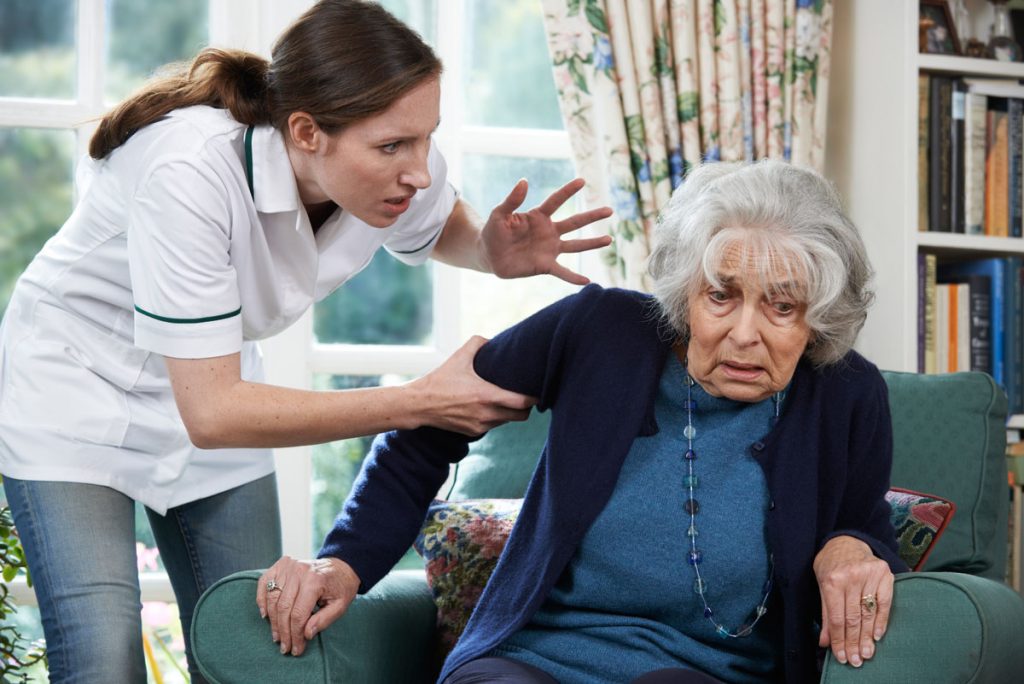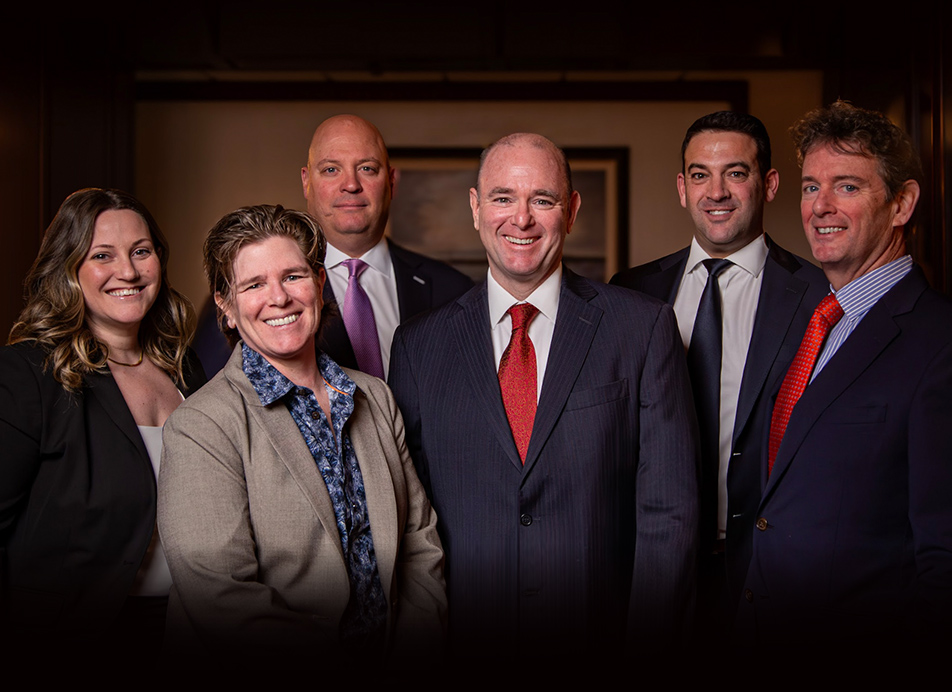According to the 2010 U.S. Census, there are 40.3 million American citizens over the age of 65, with 5.8 million of them aged 85 or older. The population is ageing, and with advances in medicine and treatment methods, it’s only going to get older.
In fact, the latest predictions place the 65+ category at a full 20% of the population by 2050, with a staggering 19 million of them – more than three times the current amount – over the age of 85. It’s the fastest growing demographic.
Many of them will find themselves in a nursing home at some point. And while most will receive quality attention from caring individuals, the sad reality is that up to 10% of them will experience some type of neglect or abuse. With 15,600 long-term care facilities in the U.S. with 1.7 million beds (2014), that adds up to roughly 170,000 cases per year.
Abuse and Neglect
The difference between abuse and neglect is not always clear. Abuse refers to willful and active intent to harm – either physically, sexually, or mentally – while neglect covers any breach of standard care, whether intentional or not.
Types of Neglect
Instances of neglect can be divided into four broad categories:
- Basic Needs of Life. We all have the same basic needs: food, water, and a safe place to call home. Those in a nursing facility are particularly vulnerable though, as they may not be able to meet them on their own. They require active diligence from those tasked with their care. A well balanced diet and hydration are essential.
- Medical. Those in long-term care facilities may have a host of medical issues that require attention. Any shortcoming in medical care for pre-existing conditions, bedsores, cuts, scrapes, fractures, viruses, or any other sickness falls under the umbrella of medical neglect.
- Basic Hygiene. Our oldest members of society may be unable to adequately clean themselves or their surroundings. Maintaining hygiene is crucial to keeping them comfortable and free from the threat of infection or disease.
- Emotional. Perhaps most unsettling of all is the presence of emotional neglect. Staff may ignore residents, display impatience with them, berate, belittle, or threaten them, or allow them to suffer the indignity of isolation when they no longer have their mobility.
For the Record
The numbers speak for themselves. Instances of neglect are frequent and all-too commonplace.
A survey of 2000 nursing care residents (The silenced voice speaks out: A study of abuse and neglect of nursing home residents, 2000) found that 44% had been abused, and 95% had been neglected or seen someone else neglected.
A study published in 2010 reported that 50% of nursing home staff admitted to “mistreating” residents within the year (two-thirds involved neglect).
51% of certified nursing assistants admitted to yelling at a resident, and 23% insulted or swore at them. Worst of all, it’s estimated that only 1 in 14 cases is ever reported to authorities.
If you have seen or suspect abuse or neglect, contact your local branch of the National Adult Protective Services Association. If you or a loved one has experienced any of this personally, consider finding out if you have a case by contacting an expert attorney experienced in elderly abuse and medical malpractice. We can all do our part to stop this from happening to others.
It’s time to return dignity and respect to the elderly who deserve our respect and protection.

